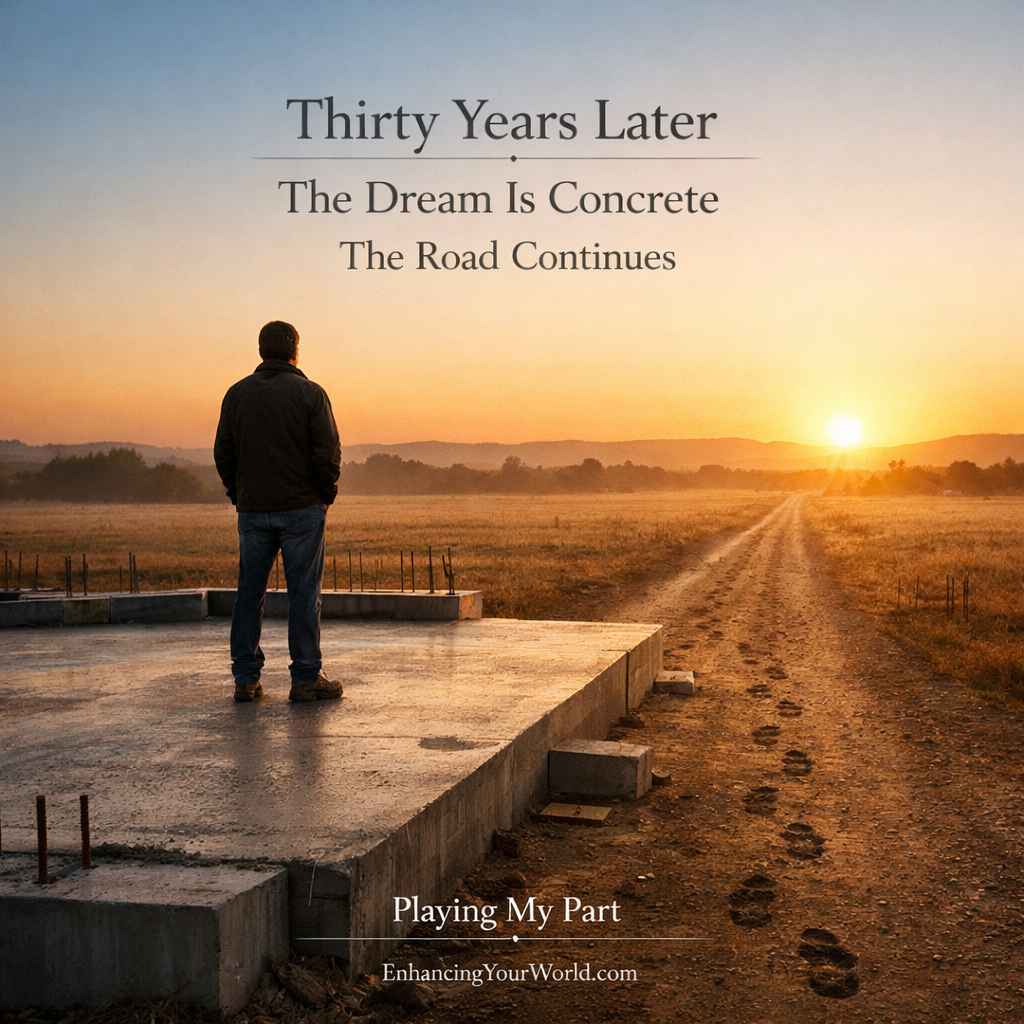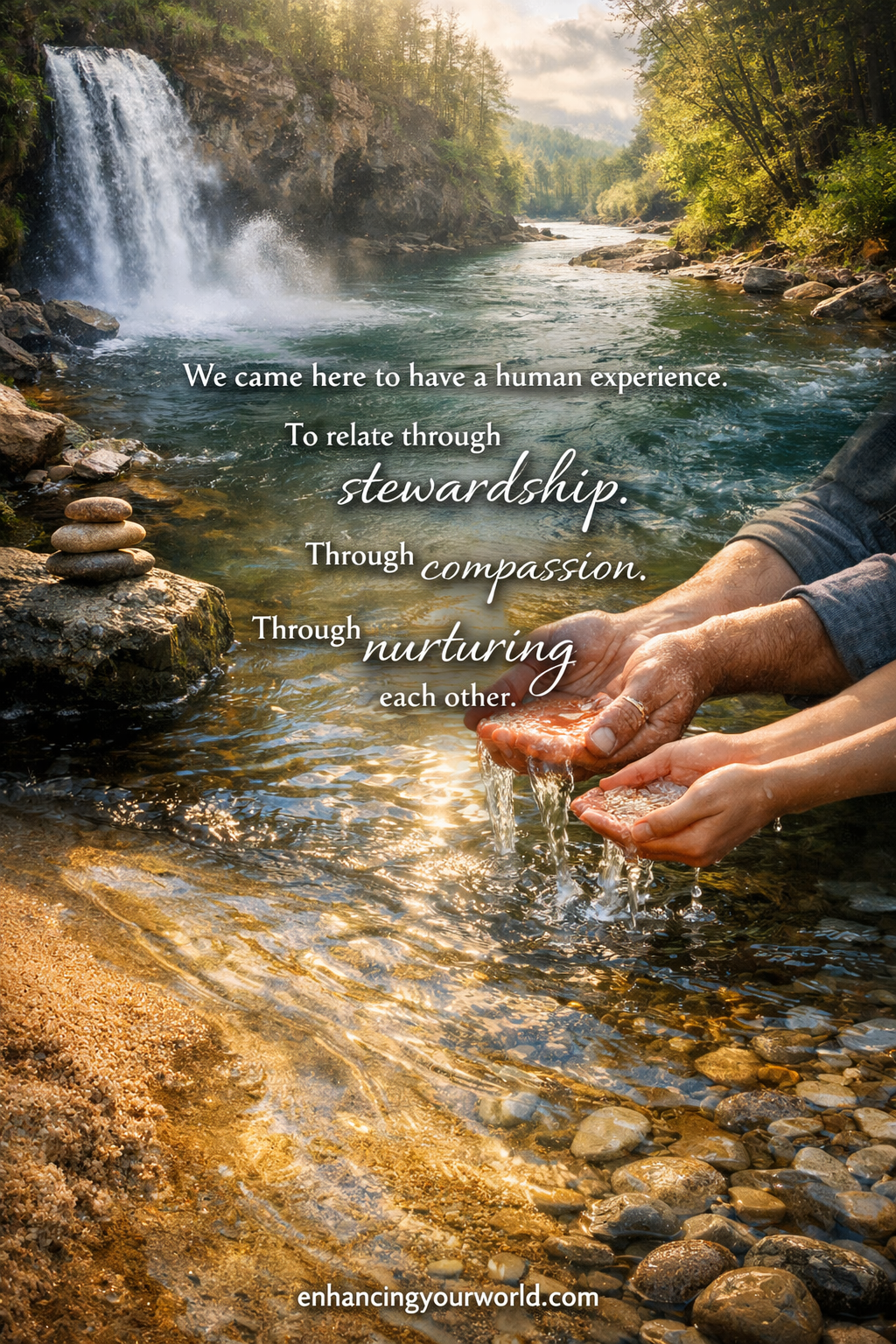The Personal Challenge of Being Visionary and Heart-Led Dreams become concrete. The road continues. And…

The Self-Love Paradox: Beyond Ego and Towards Wholeness
The Self-Love Paradox: Beyond Ego and Towards Wholeness
As a spiritualist observing the unfolding human drama, I’ve noticed a profound paradox within the contemporary “self-love” movement. While genuine self-acceptance is a vital cornerstone for personal growth, its modern expression often subtly veils narcissistic, ego-driven traits. It presents itself as liberation while undermining true connection, accountability, and depth.
The Illusion: When “Self-Love” Becomes a Shield
The mantra “if it doesn’t resonate, it’s not for me” has become a sacred cow in spiritual communities. But often, it serves as a shield for the ego—one that blocks constructive feedback and genuine human connection. What may appear as sovereignty is often a curated identity meant to perform self-love rather than embody it. The result? Homogeneity disguised as uniqueness.
- Conformity within Individuality: Everyone “walking their own path” in the same aesthetic and language.
- Defensiveness: Using “self-love” to dismiss challenges or differing perspectives.
- Superficiality: Prioritizing how self-love looks rather than how it transforms.
The Erosion of Accountability
True self-love includes the willingness to face our own shadows. Without accountability, individuals isolate themselves inside a bubble of self-righteousness and miss the friction required for real transformation. This is where spiritual bypassing begins—and emotional growth halts.
- Spiritual Bypassing: Avoiding difficult emotions by labeling them “low vibe.”
- Subtle Emotional Coercion: Using shame or language like “you’re just not aligned” to manipulate or dismiss others.
- Transactional Relationships: Prioritizing what someone can “do for me” over mutual connection.
- Narrative Control: Constructing a public persona that cannot be questioned.
Wholeness: Embracing Light, Shadow, and Compassion
True self-love must move beyond aesthetics into integration. Real wholeness means holding space for your mess and magnificence—your light and your shadow. It’s in the mess that wisdom emerges. Without this embrace, spiritual growth becomes a shallow performance.
- Incomplete Growth: Lack of self-examination and integration.
- Emotional Stagnation: Unwillingness to process discomfort.
- Disconnection: Fear of true intimacy and vulnerability.
The Bridge to Growth: Accountability and Compassion
Missed steps, misunderstandings, and humbling truths are not failures—they are the doorway to maturity. This path is not about perfection, but presence. It is about saying: “I was wrong. I missed something. Let’s grow.”
When we commit to radical responsibility, we open the gate to deeper compassion—for ourselves and for others. We stop needing to perform and start learning how to truly relate. This is the essence of true leadership and wholeness.
Supportive Suggestions for an Authentic Path:
- Cultivate Self-Compassion: Include your imperfections in your love.
- Embrace Feedback: Let challenge refine you.
- Listen to Understand: Don’t just wait to respond—be changed by what you hear.
- Take Radical Responsibility: Reflect before deflecting.
- Prioritize Real Connection: Seek relationships that invite mutual growth.
- Integrate Your Shadow: Your triggers are your teachers.
- Lead with Humility: Inspire through honesty, not image.
Final Reflection
The real test of self-love is not how often we affirm our worth, but how gracefully we meet our flaws. It is the courage to grow through the very moments we once tried to avoid. This is not self-worship—it is sacred wholeness. And from this wholeness, we offer others the permission to be fully human too.
With compassion and truth,
Chris Yellow Owl Albaugh
enhancingyourworld.com



